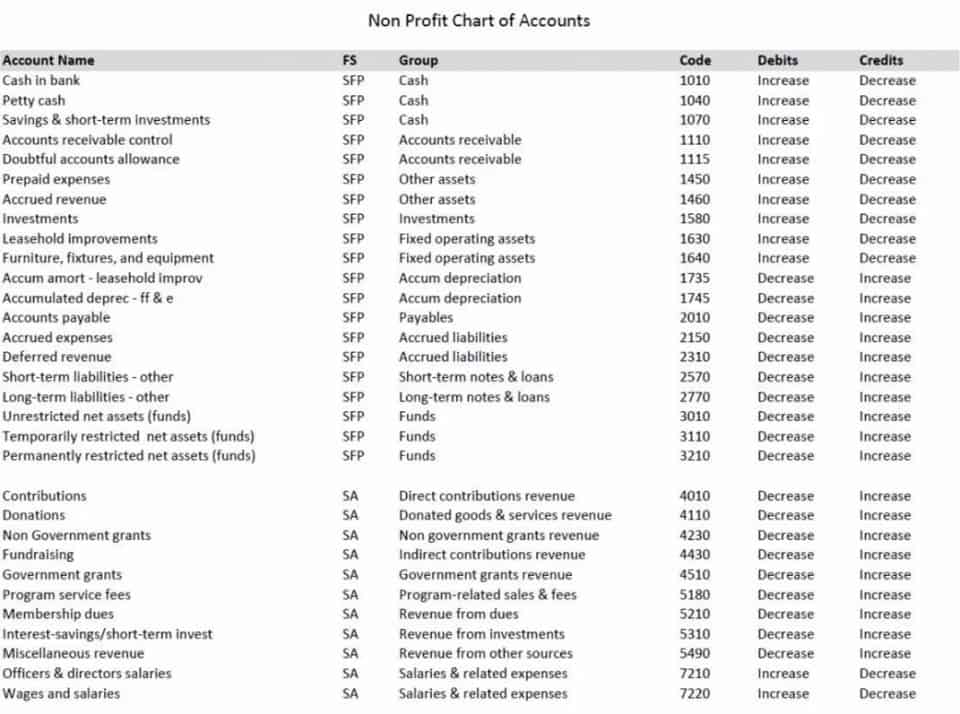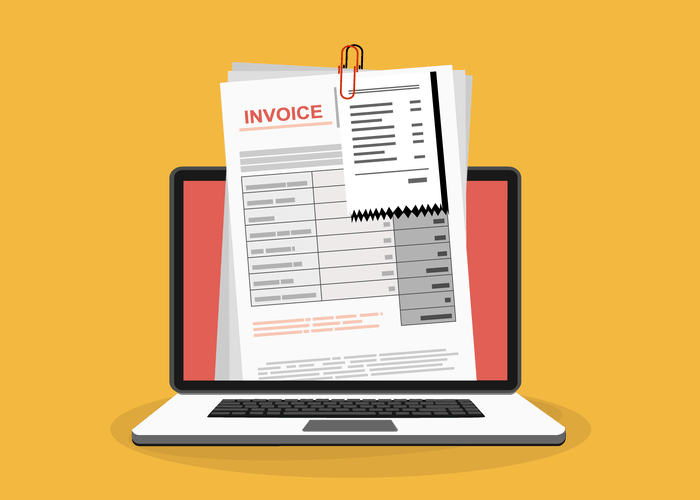
Directors of Bookkeeping Services ensure the accuracy and efficiency of financial recordkeeping. An Accounts Receivable Specialist is responsible for managing incoming payments and maintaining customer accounts. Accounts Receivable Specialists help ensure the company’s cash flow remains healthy. Moreover, analytical skills enable bookkeepers to prepare accurate financial reports that reflect the company’s financial health. This involves not just petty cash compiling data but also understanding what the numbers mean in the context of the business’s overall performance.
Understanding Deferred Revenue: Principles, Impact, and Management
Beyond traditional accounting software, bookkeepers are increasingly leveraging specialized tools to handle specific aspects of their work. For instance, payroll software like Gusto and ADP simplifies the complexities of payroll processing, ensuring compliance with tax regulations and timely payment of wages. Expense management tools such as Expensify and Receipt Bank help in tracking and categorizing business expenses, reducing the manual effort involved in data entry.
What is another job title for bookkeeper?
Bookkeepers are responsible for maintaining accurate financial records, which includes tracking income and expenses, reconciling bank statements, and preparing financial reports. Their work ensures that businesses have a clear understanding of their financial position, which is crucial for decision-making. As entry-level bookkeepers gain experience, they can transition to mid-level positions. This transition often requires a deeper understanding of accounting principles and software, as well as the ability to handle more complex financial tasks. Job titles at this level may include Bookkeeper, Staff Accountant, or Accounting Technician.

Secretary example responsibilities.
General bookkeepers often start in entry-level positions within the financial department. With their strong organizational skills and growing expertise, they have the opportunity job title for bookkeeper to advance to higher roles in the financial department of a company. General bookkeepers are ideal for businesses looking for reliable transaction management, while full charge bookkeepers provide a more comprehensive range of services. Certified bookkeepers bring a higher level of expertise and are well-suited for businesses in need of advanced financial analysis and guidance. Choosing the right type of bookkeeper is essential for ensuring accurate financial record-keeping and effective financial management.
- This certification validates your skills and enhances your credibility as a bookkeeping professional.
- Similarly, you may struggle as a bookkeeper if you are not naturally business or productivity minded – as bookkeepers must be able to help businesses have a smooth financial operation.
- I needed a way to be innovative and wanted to build something, and that just wasn’t possible in the roles I had.
- Each position requires a unique set of skills and responsibilities, contributing to the overall success of the financial operations.
- For instance, the title “Accounting Technician” has gained popularity, indicating a focus on technical skills and proficiency in accounting software.
Integration with Other Business Systems
Virtual bookkeepers provide services to clients from various locations, leveraging technology to maintain financial records, prepare reports, and communicate with clients. This flexibility not only allows for a better work-life balance for professionals but also enables businesses to tap into a broader talent pool, regardless of geographical constraints. Technology has revolutionized the bookkeeping profession, leading to the creation of new job titles and redefining existing ones.
Director of Finance
- Monitoring, tracking, and providing exact financial data relating to cash flow and bookkeeping are some of the major duties of a Ledger Clerk.
- The leader of most accounting teams is the Chief Financial Officer or Chief Accounting Officer (CAO).
- If you only have contractors working for you, then you only need to file the 1099.
- Each role brings unique skills and expertise that cater to specific financial needs, ensuring that businesses can operate efficiently and remain compliant with regulations.
- Moreover, analytical skills enable bookkeepers to prepare accurate financial reports that reflect the company’s financial health.
Manufacturing bookkeepers need to accurately recognize goods throughout the production process, including raw materials, work-in-progress, and finished goods. So, if you’re an employer for example, and you want to fill general accounting positions, titles that work best are “Accountant” followed by “Bookkeeper”, “CPA”, “Accounting Clerk”, etc. One of the first things you can do is to decide what postsecondary training you would like to take. It would also be useful to get some experience in a lower level position, such as an auditing clerk.

- Topics may include updates on tax laws, new accounting software, or advanced bookkeeping techniques.
- A Finance Clerk handles routine financial transactions, such as processing payments, recording receipts, and maintaining financial records.
- Each title reflects the specialized knowledge and skills required to manage financial records effectively within that particular industry.
- Beyond recording transactions, bookkeepers are responsible for reconciling accounts.
- These skills enhance a bookkeeper’s ability to work effectively with clients, colleagues, and stakeholders.
A Lead Bookkeeper supervises a team of bookkeepers and oversees all bookkeeping activities within an organization. Lead Bookkeepers often develop and implement bookkeeping procedures and policies. They serve as the primary point of contact for financial matters within their department. A Junior Bookkeeper assists with basic bookkeeping tasks such as data entry, invoice processing, and account reconciliations.

Industry-Specific Bookkeeper Titles
The nature of bookkeeping requires a high level of accuracy, as even minor errors can lead to significant financial discrepancies. A meticulous bookkeeper will double-check entries, reconcile accounts, and ensure that all financial records are complete and accurate. Bookkeepers should be skilled in creating and analyzing various financial statements, such as balance sheets, income statements, and cash flow statements. For example, a bookkeeper who can identify trends in a company’s financial performance can provide valuable recommendations to improve profitability or reduce costs. Specialized bookkeeping positions such as Accounts Payable/Receivable Specialist, Payroll Bookkeeper, and Tax Bookkeeper are essential for the smooth operation of any business. Each role has its unique responsibilities and skill sets, contributing to the overall financial health and compliance of the organization.

Staff Accountant
Furthermore, CPB certification can provide a competitive edge in the job market, as https://globalapostoliccentre.com/gaap-essential-principles-and-guidelines-for/ it is recognized and respected by employers across various industries. Understanding these industry-specific titles can help job seekers tailor their applications and help employers find the right candidates for their specific needs. Below, we explore several key industry-specific bookkeeper titles, detailing their responsibilities, skills required, and the unique aspects of each role. A Full-Charge Bookkeeper takes on a more comprehensive role than a standard bookkeeper. This position involves overseeing all aspects of the accounting process for a business, from recording transactions to preparing financial statements.
